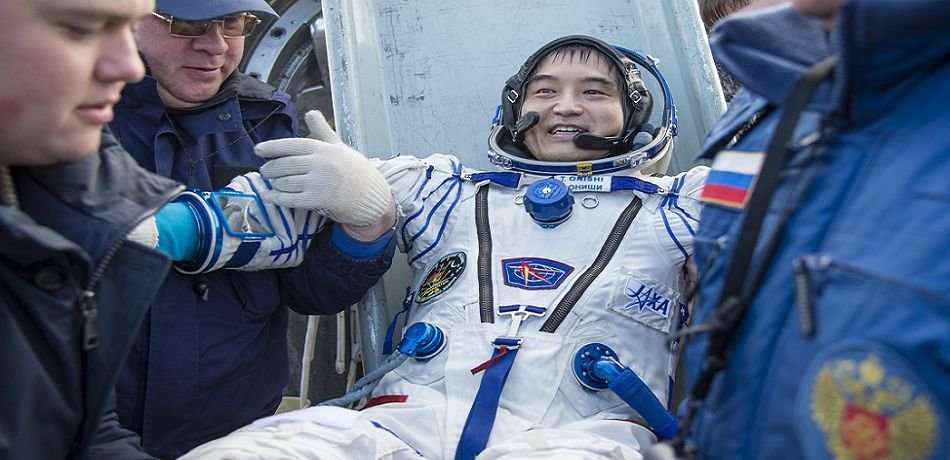The Japanese Aerospace Exploration Agency (JAXA) is currently searching for eight lucky individuals who will receive 380,000 yen (US$3,500) from it after spending about two weeks in isolation inside a simulated space station.
According to the Japan Today, JAXA wants to select eight volunteers for this experiment. The experiment will allow JAXA scientists to establish precise stress markers for astronauts who have to spend long periods of time in small, confined space during space missions.
Individuals willing to participate in JAXA’s experiment must be in good health and aged 20 to 55. Test subjects will spend 14 days and 13 nights in an isolated setup created within the Tsukuba Space Center in Japan. This setup will mimic the life of astronauts on the International Space Station (ISS). The participants will be asked to carry out various tasks in the simulated space station to allow scientists to examine their stress levels.
After spending 14 days in the simulated space station, participants will receive 380,000 yen from JAXA. That is really a handsome amount to earn in just 14 days, considering that selected candidates will be participating in the experiment even when they are sleeping.
In the past few years, NASA has carried out several studies to analyze the impact of microgravity on human health. Spending long periods of time in microgravity conditions can create a variety of health issues in astronauts, according to Space.com. In space, many changes take place within the human body, such as weakening of muscles and bones, confusion in body’s sense of up and down, changes in eye pressure, disruption in the proprioceptive system, etc. Due to the disturbances in the proprioceptive system, many astronauts start losing track of the relative orientation of their arms, legs, and other body parts, making them feel queasy for many days after arriving in space. The feeling of isolation in space also increases the stress in many astronauts.
Living life in a simulated space station https://t.co/EgF64sJajc pic.twitter.com/O8iXNXooRm — Gulf News (@gulf_news) July 10, 2017
The simulated space station experiment by JAXA will allow it to analyze how living in an isolated, confined environment affects the stress level in an individual.
The Neutral Buoyancy Laboratory has a full-sized mock-up of @Space_Station underwater for training in a simulated microgravity environment. pic.twitter.com/6CKf1SLsDe — Texas Medical Center (@TXMedCenter) February 1, 2017
Those willing to take part in the experiment need to visit the application page on the Japan Clinical Volunteer Network website and apply there before January 31, 2018. The page presents information in Japanese but doesn’t restrict foreigners from applying for this program.

Linlea on January 30th, 2018 at 14:33 UTC »
The last time I tried this kind of thing I downloaded the application form and one of the questions it asked was "please state how your PhD and research areas are relevant to this application"
asetupfortruth on January 30th, 2018 at 14:12 UTC »
Unfortunately the application website specifies you need to be a Japanese resident to be eligible... I don't think you need to be a citizen, but you at least need to be living in Japan.
fischreed on January 30th, 2018 at 12:52 UTC »
For those interested go to twitter, jcvn_jp. They only pay a standard rate for travel expenses or my ass would be on a plane tomorrow.